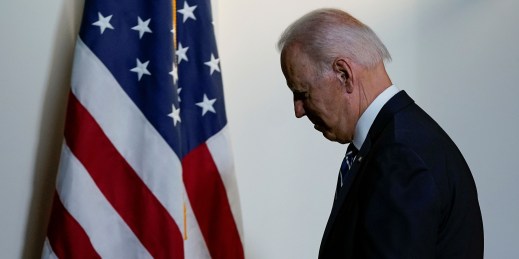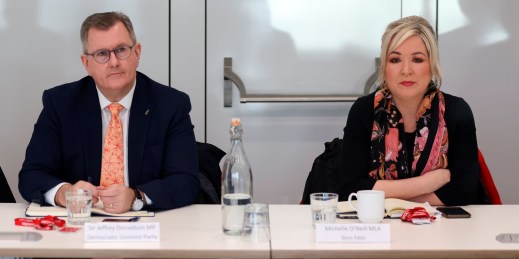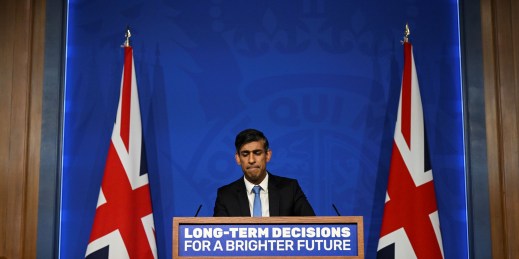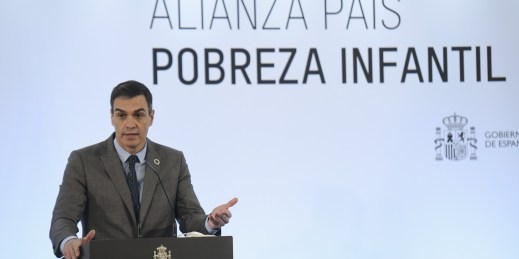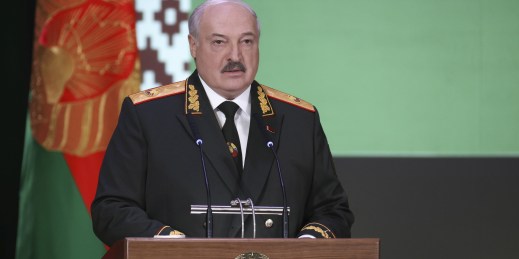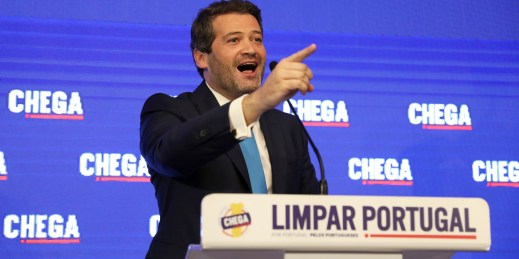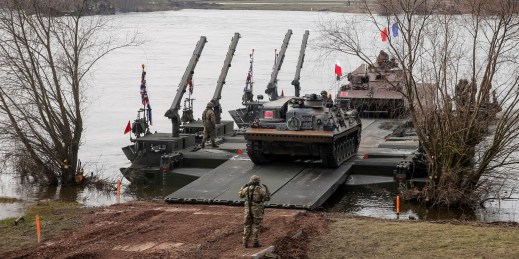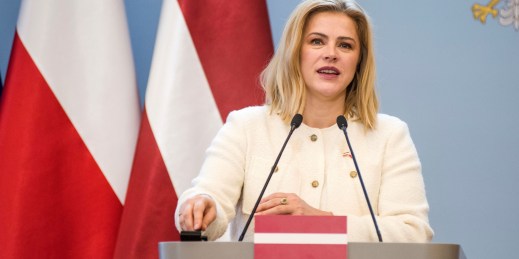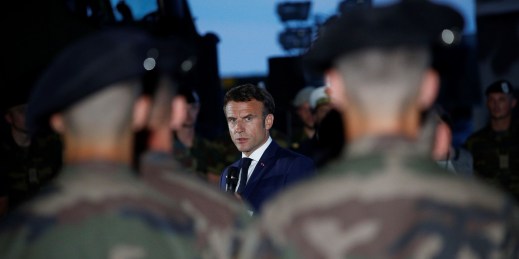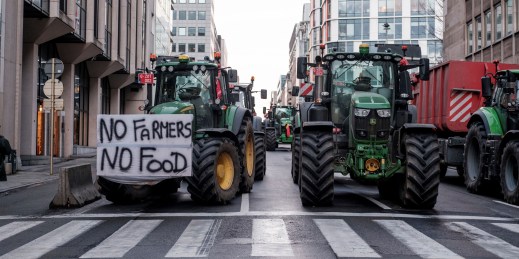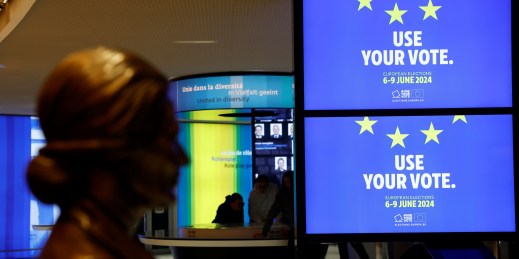
One of the biggest elections in this “ultimate election year” is the one scheduled for June, when more than 400 million people in 27 countries will be eligible to vote for a new European Parliament. The elections will have considerable impact not only for the people who live in Europe but also for the rest of the world.

